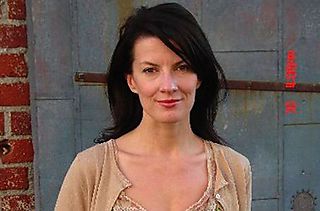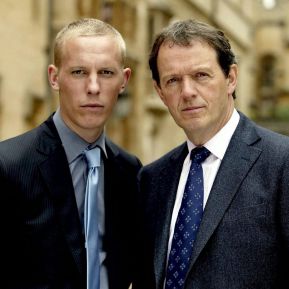
Showrunner Diane Ruggiero walked off the new CBS series THE EX-LIST, a one-hour adaptation of a half-hour Israeli series, and gave Alan Sepinwall of the Star-Ledger all the juicy details (the network and studio told the trades that they were caught by surprise by her exit). Basically, she got noted to death and didn't like it:
Ruggiero said CBS executives – the same ones she said had claimed to
want her unique take on the material – kept pushing her to stick as
closely as possible to the Israeli show, even though it only ran for 11
half-hour episodes, featured a heroine with no job and no life outside
of her romantic quest, and other issues that would get in the way of
doing a long-running one-hour series.
"They would keep coming to me talking about how they wanted the
Israeli version, they wanted the Israeli version, and I'm going, 'Test
audiences loved the psychic, who was only in one scene (in the
original). They loved her sister; she didn't have a sister in the
original. They loved the flower shop; she didn't have a job in the
original.'
[…]The breaking point came early last week, when CBS hired Segahl Avin,
creator of the original show, to consult on the series. Ruggiero
realized CBS wouldn't be satisfied with anything less than an exact
copy, and she quit.
"I'm not a f—ing transcriber," she said. "Why would you hire me if
you wanted a transcriber? I'm a pain in the a–. I have a specific
thing that I do. If you don't want that, go hire someone else."
Her experience is not unusual. Far from it. But what is a surprise is that she's gone whining to a reporter, which may have felt good at the time but definitely wasn't the smartest career move. Quitting wasn't either…it's better to stick it out until they fire you so you can get paid off. She's figured that part out already.
In quitting the show this early, she said, "I walked away from all of
the money they were offering me, which was a lot. Now I'm thinking,
maybe I should have tried to get some of that money, seeing as I did
all that work."
[…]"I'll never work at CBS again," said Ruggiero.
And I bet it's not going to be easy at any other network for a while, either.



